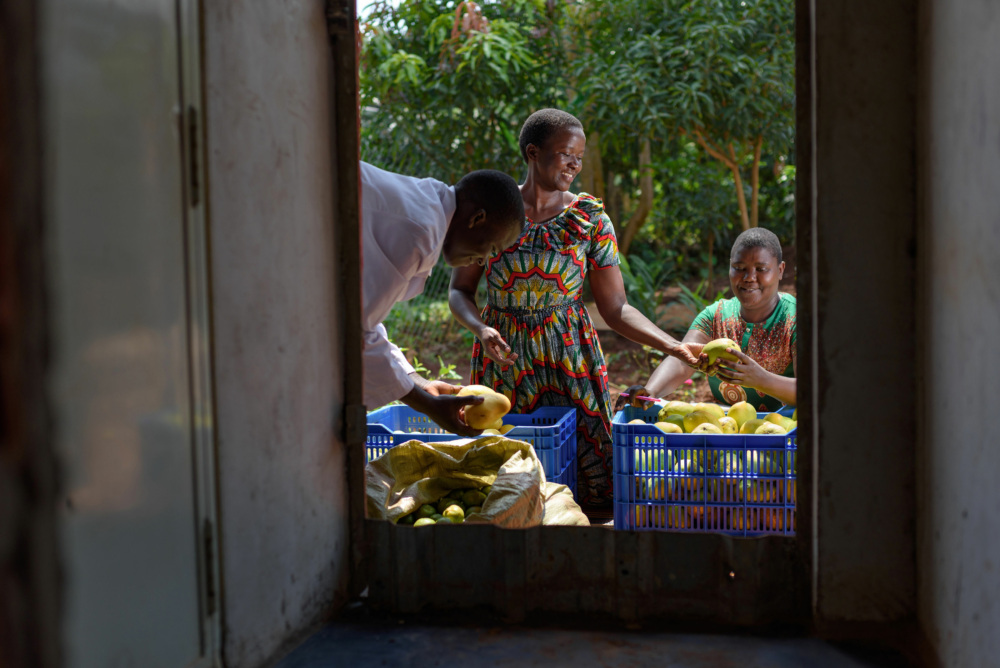Key Cold Chain Infrastructure Markets
These reports evaluate the cold chain technology markets in India, Kenya and Nigeria. Each report identifies current trends, barriers and opportunities for market transformation, as well as strategies to accelerate the adoption of cold chain technologies for fresh food value chains at scale.

With ever-changing global climatic conditions and growing demand for sustainable food production, cold chain technologies are critical for improving food security, reducing food waste, enhancing farmers’ livelihoods, and supporting adaptation to climate change. These technologies enable the safe and efficient transport, storage, and distribution of perishable goods, such as fresh fruits and vegetables, dairy, fish, and meat.
In this series of reports, we examine the fresh food value chains of India, Kenya, and Nigeria, three countries that are rapidly growing their access to energy and have a high potential demand for cold chain infrastructure (CCI). By using a combination of secondary research, modeling, and stakeholder consultations, we assess the current state of cold chain infrastructure and identify the gaps between the infrastructure that is currently deployed and what is necessary to meet these value chains’ needs by 2030.
Our reports provide detailed country-specific insights on:
- existing CCI for the fresh fruits and vegetables, dairy, fish and meat value chains
- drivers and barriers for CCI uptake
- existing business and ownership models
- CCI policies and regulations
- proposed interventions for accelerated adoption of CCI technologies
By leveraging these insights, policymakers, investors, and other stakeholders can take concrete steps to improve food access, reduce carbon emissions, and promote sustainable development in these countries and beyond.